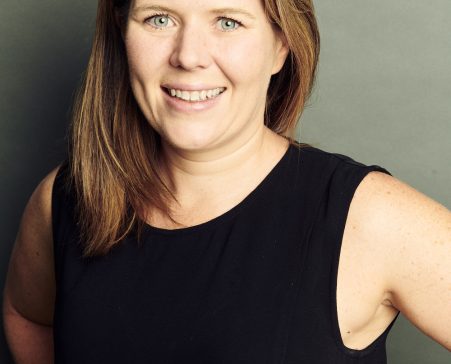Diversity of Thought Blog
Is Workplace Gender Equality only important for Enterprise level organisations?
By Cecelia Herbert
It was revealed yesterday by the Australian Financial Review that there is a real threat to gender equality reporting looming. These whispers have been around for some time, but it looks as though the Federal Government is seriously considering changing the threshold for Workplace Gender Equality reporting from a minimum of 100 to 1000 employee organisations.
So what is the big fuss about? The Business Council of Australia says that the current reporting is too time consuming and costly. According to BCA Chief Executive, Jill Westacott, “The BCA’s chief concern has always been that it will divert resources from the real effort being made by companies to change recruitment and retention processes, performance management and other practices that are holding back individual women and the Australian economy as a whole,”
As big fans of data and evidence based practice, our heads are spinning as we try to figure out how collecting benchmark data is a diversion of resources that could be better spent elsewhere. It is the assumption of The 100% project that it is data such as this that guides where efforts are best targeted, tracking change over time. Real effort can be made, but without feedback metrics (which WGEA provides to every reporting organisation), how can we identify areas of strength and improvement? Given that the ABS considers any business with more than 200 employees to be a large organisation, this proposed 1000 employee threshold means that the Workplace Gender Equality data will become Enterprise Gender Equality data only.
The BCA has long been opposed to changes to the WGEA reporting requirements. Back in 2012 (when the WGEA legislation was being passed), the BCA made a submission to FaCHS about the reporting requirements. The Council voiced their concerns of ‘regulatory burden on business’, explaining that “Sufficient data is already available on the gender equality indicators to enable WGEA to complete its reports to the public and the minister on trends and issues in gender equality in the workplace.” (You can read the submission here.)
Despite their long held opposition to reporting, the BCA has been very public and forward about their support of movement towards gender equality – there is a plethora of evidence indicating this, such as the BCA President explaining that we should be aiming for gender parity in leadership and their detailed report and checklists for increasing the number of women in senior roles.
It seems that they support gender equality, but not gender equality reporting that is onerous for business, and that would appear reasonable. But…. is it too onerous? WGEA released survey results that say that employers do not share this view about the the reporting. They surveyed over 2500 HR Practitioners (who are the people that fill in the report) and found overwhelming support for the reporting requirements. This seems to be in direct contrast to the view of the BCA, an organisation that represents 100 CEOs of Australia’s top companies.
So why, given that these CEOs are most likely from organisations of 1000+, are they pushing to make changes that will probably not affect their businesses, but have a huge impact on the quality of gender equality data in Australia? The 100% Project does not have the answer to this question, but we will keep looking for it.

